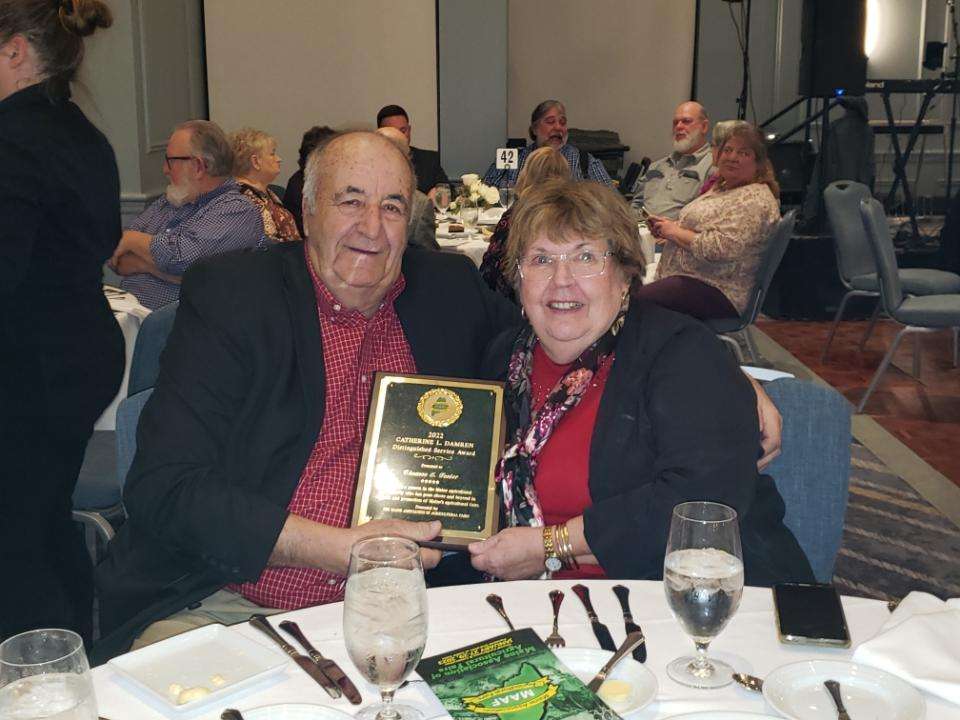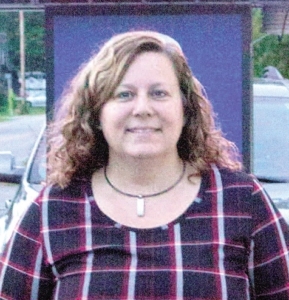WINDSOR: Listing all ways to state would be large undertaking
 by The Town Line staff
by The Town Line staff
Town manager Theresa Haskell informed the Windsor Select Board at their April 25 meeting about a bill pending before the Legislature, LD461, that if implemented, would require municipalities to develop or update a list of town ways, private ways, and private roads. Each municipality will have to have this provided to the Department of Transportation by November 1, 2023, and the towns would have to establish standards for private road construction by November 1, 2024. “This is a lot of work,” Haskell commented. Also, LD1177 would increase municipal solid waste and construction debris $5 more per ton.
Haskell also said she received a letter from the Department of Transportation indicating that All State Asphalt will be resurfacing Route 105 from Augusta to Somerville.
In other business, Haskell asked the board to use the remainder of ARPA funds that were approved for up to $35,000 for the Windsor Rescue’s Defibrillator, to purchase a battery for this defibrillator. The cost for the battery is $440.44, and this will not go over the $35,000 that was approved by voters.
Regarding public works projects, Haskell gave an update on bridge inspections. Overall, the bridges are in good condition. All the scores were reported back from the inspections as 7 and 8 for culverts and the channels. The scale for scoring goes from a 9 being very good to a 2 being poor.
The hazardous waste program day that was held at the China transfer station on April 22 was a big hit, according to Sean Teekema, transfer station supervisor. There were tons of TVs brought in. It was mentioned several times by the public that they would like to see this become a yearly event. The total community turnout was between 320-350. The town of China is in discussions with KennebecValley Council of Governments (KVCOG) to perhaps keep this as an ongoing event, and they are seeking other locations that may work better for traffic flow, although consensus among officials is that the China event was very well organized.
Teekema gave a brief update on the transfer station committee. It was noted they may need a 100-foot distance from the transfer station cap to where the compost pile will be located. When a measurement was taken, 100 feet would end in the middle of the cap. This would not provide enough room for the compost area. Tekeema mentioned that a conversation has taken place with the Department of Environmental Protection (DEP), and were told there is no issue with a 100-foot distance. A survey asking residents if they favor having composting available at the Windsor Transfer Station will not be circulated until the 100-foot question has been answered.
Haskell mentioned the town needs to talk with the Windsor Fair Association to get permission regarding composting. It was suggested if this is something the town should ask, as to whether this will be built into the lease that Windsor holds, with the $1 lease agreement, or at least getting a confirmation letter if they approve. Members of the Windsor Fair Association will be invited to attend a transfer station committee meeting.
Sandra Grecenko appeared before the board to rqeust a 911 address for her Barton Road property, in Windsor. She owns property on the road but has no residence there. She keeps livestock there, although there is a structure, just no residence. The property has no utilities other than power. She was advised to set up an appointment with Codes Enforcement Office Arthur Strout.
Select board member Ray Bates is following up on the David Shaw property. Shaw came to the select board asking to have fines reduced and was given an opportunity to pay a reduced fine back in February at a considerable reduction. He was given 30 days to pay the reduced fine and instructed to clean up his property. Bates wanted to be sure the follow up was being done. He said neither fine payment nor clean-up have taken place. Haskell confirmed that CEO Strout has been following up and had begun the next steps. The town will also consult with legal counsel as necessary.
The next Windsor Select Board meeting was scheduled for May 9.


 Maine Arts Academy recognizes all 41 graduates of the class of 2023, according to a news release from Diane Manter at the academy. Among the class’s top ten seniors are Alexis Scott, who was second, and Alyssa Gagne, who was third, both of Windsor.
Maine Arts Academy recognizes all 41 graduates of the class of 2023, according to a news release from Diane Manter at the academy. Among the class’s top ten seniors are Alexis Scott, who was second, and Alyssa Gagne, who was third, both of Windsor. To the editor:
To the editor:
